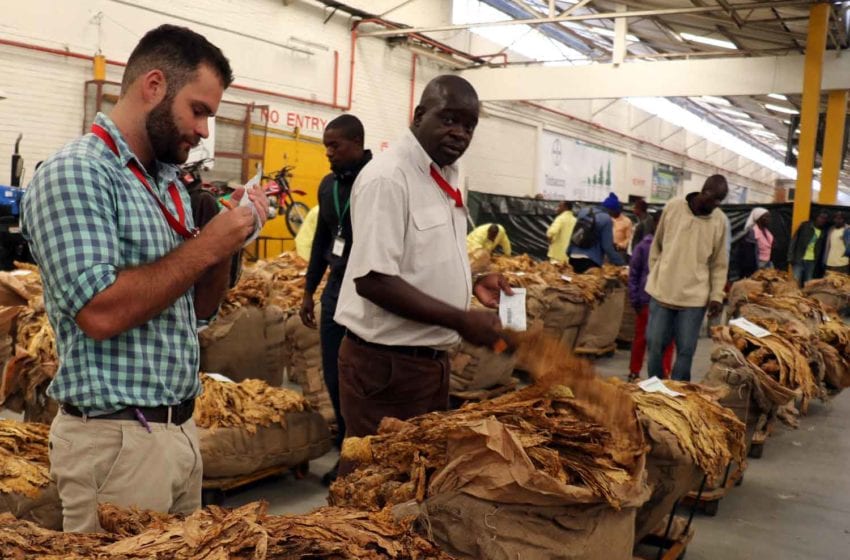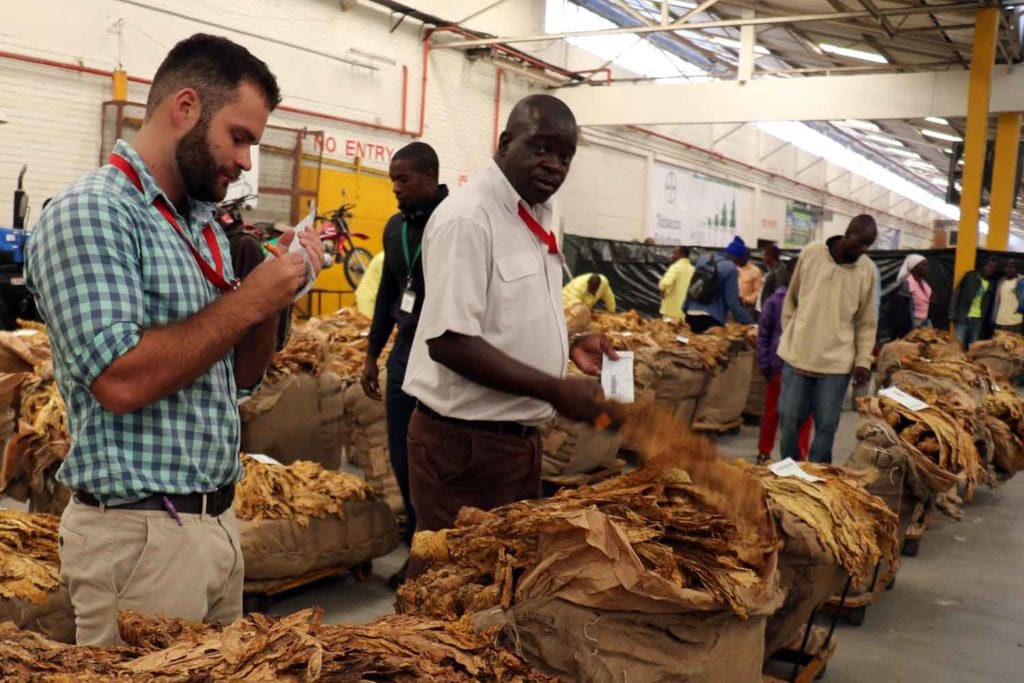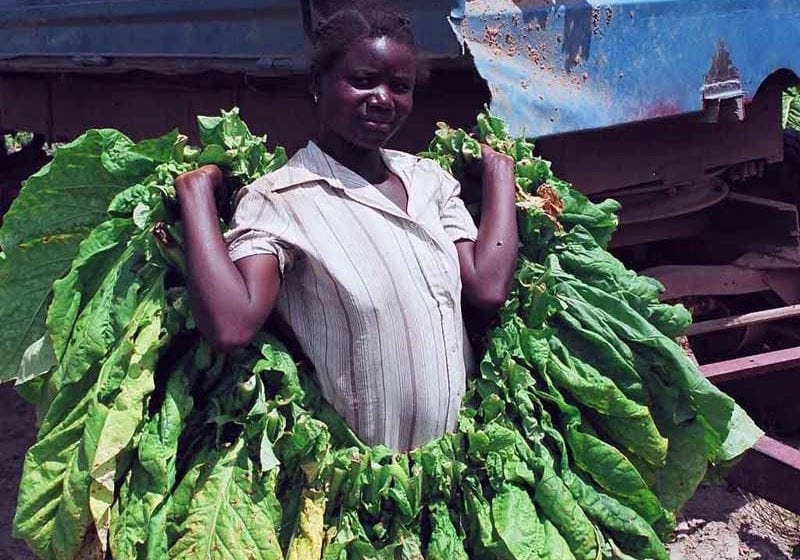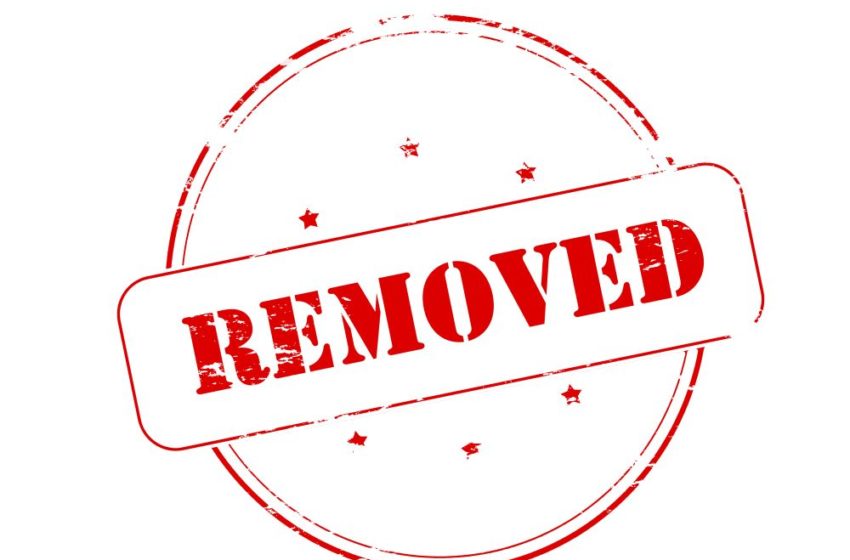After U.K. retailers announced they would remove Elf Bar 600 products from shelves due to illegal levels of e-liquid, Elf Bar called a meeting with the Medicines and Healthcare products Regulatory Agency (MHRA). Elf Bar subsequently released a statement regarding the controversy.
“Recent press reports alleged questions around the compliance of the Elf Bar 600 on the U.K. market,” a company press release stated. “Subsequent to these allegations, we immediately initiated a full investigation of the Elf Bar 600 in the U.K. market and have found that some products exceeded the permitted e-liquid fill level. Although this issue means the products are not compliant in full with U.K. regulations, we did not find any issues with nicotine strength or anything that might mean the products’ safety is compromised in any way.
“MHRA indicated that their recommendation is for the product to be withdrawn from the market.
“We agree with this recommendation and will voluntarily carry out a withdrawal of noncompliant Elf Bar 600s from the U.K. market. We will be assisted in ensuring the withdrawal is carried out effectively, and without causing any unnecessary market disruption, by a Trading Standards Primary Authority. We will update all of our distribution and retail partners when we have agreed how this corrective action will be enacted.
“Although the investigation and definition of corrective actions for the Elf Bar 600 has been undertaking, we have also committed to investigate all other vape products that we export to the U.K. We will take any actions we deem to be required to ensure compliance across our entire product set.”
Elf Bar was joined by the U.K. Vaping Industry Association (UKVIA) and the IBVTA in the meeting.
“Although Elf Bar is not a member of the UKVIA, as the industry’s lead trade association, it was key that we were present at such a critical meeting to represent the interests of all businesses in the sector impacted by this highly regrettable situation,” the UKVIA said in a statement. “The decision by Elf Bar to voluntarily withdraw its noncompliant products, recently highlighted in the media, is absolutely the right one.
“If the industry is going to be accepted as playing a leading role in helping Britain achieve its smoke-free targets, it has to demonstrate the highest levels of compliance, standards and responsibility, which the UKVIA expects.”



















